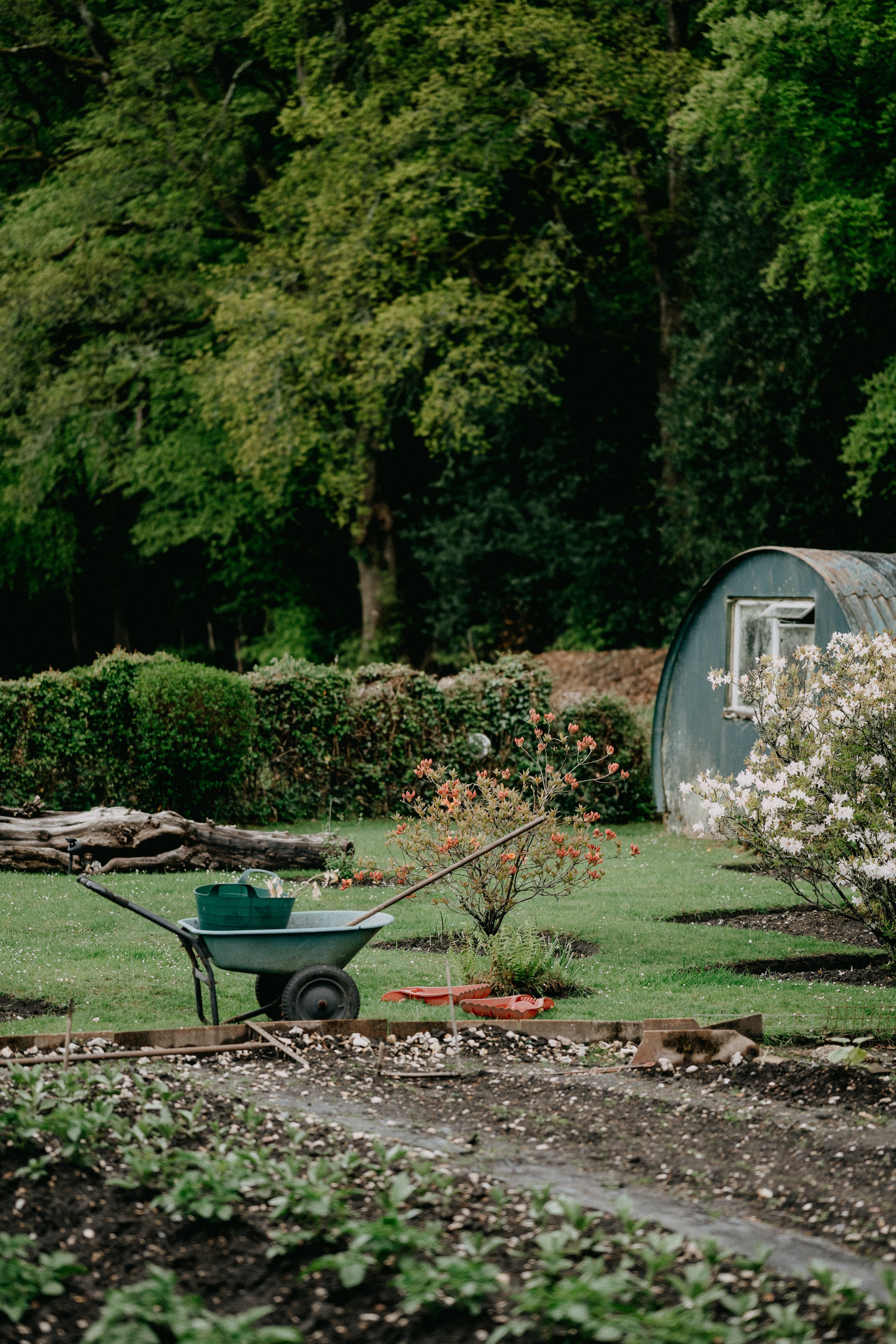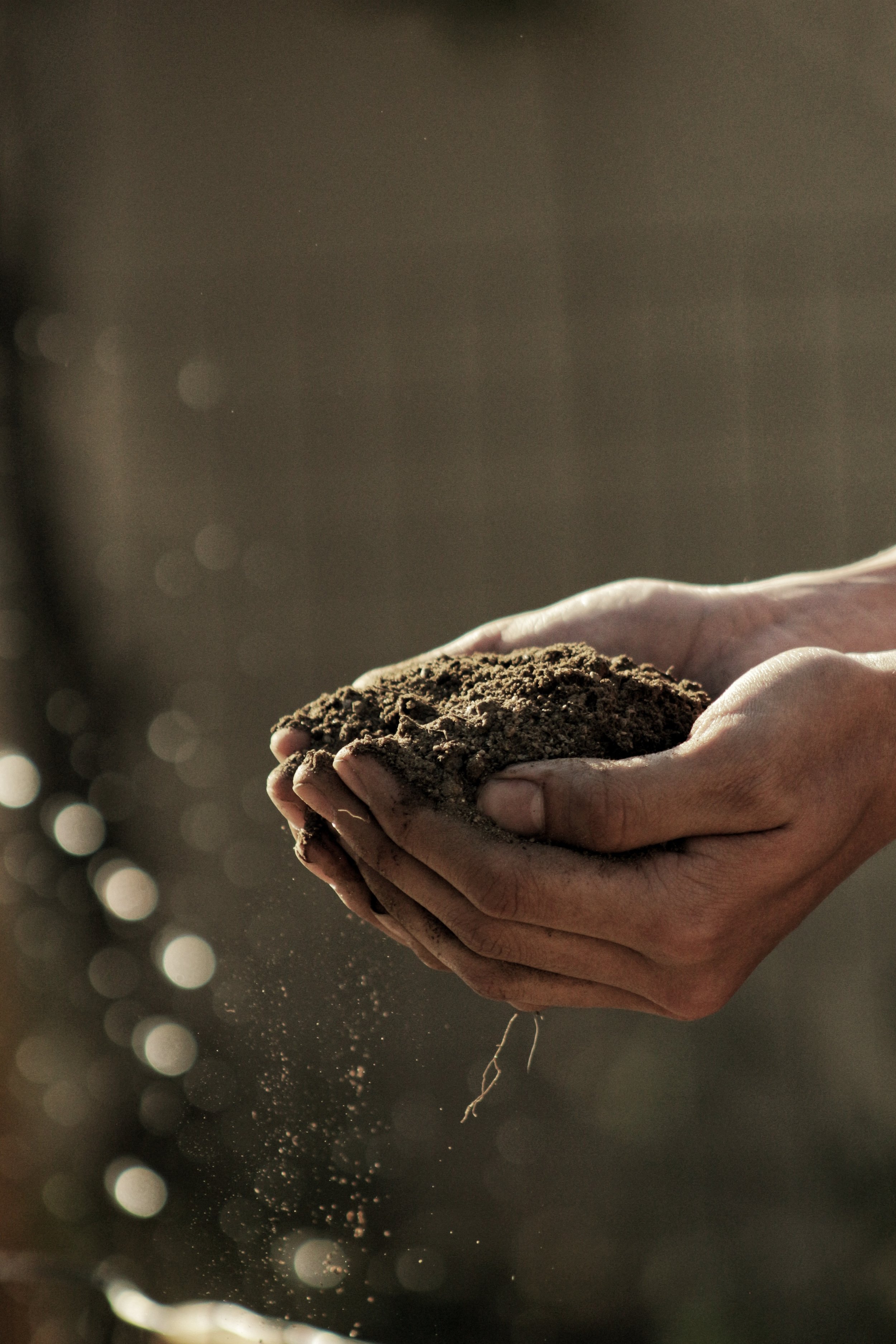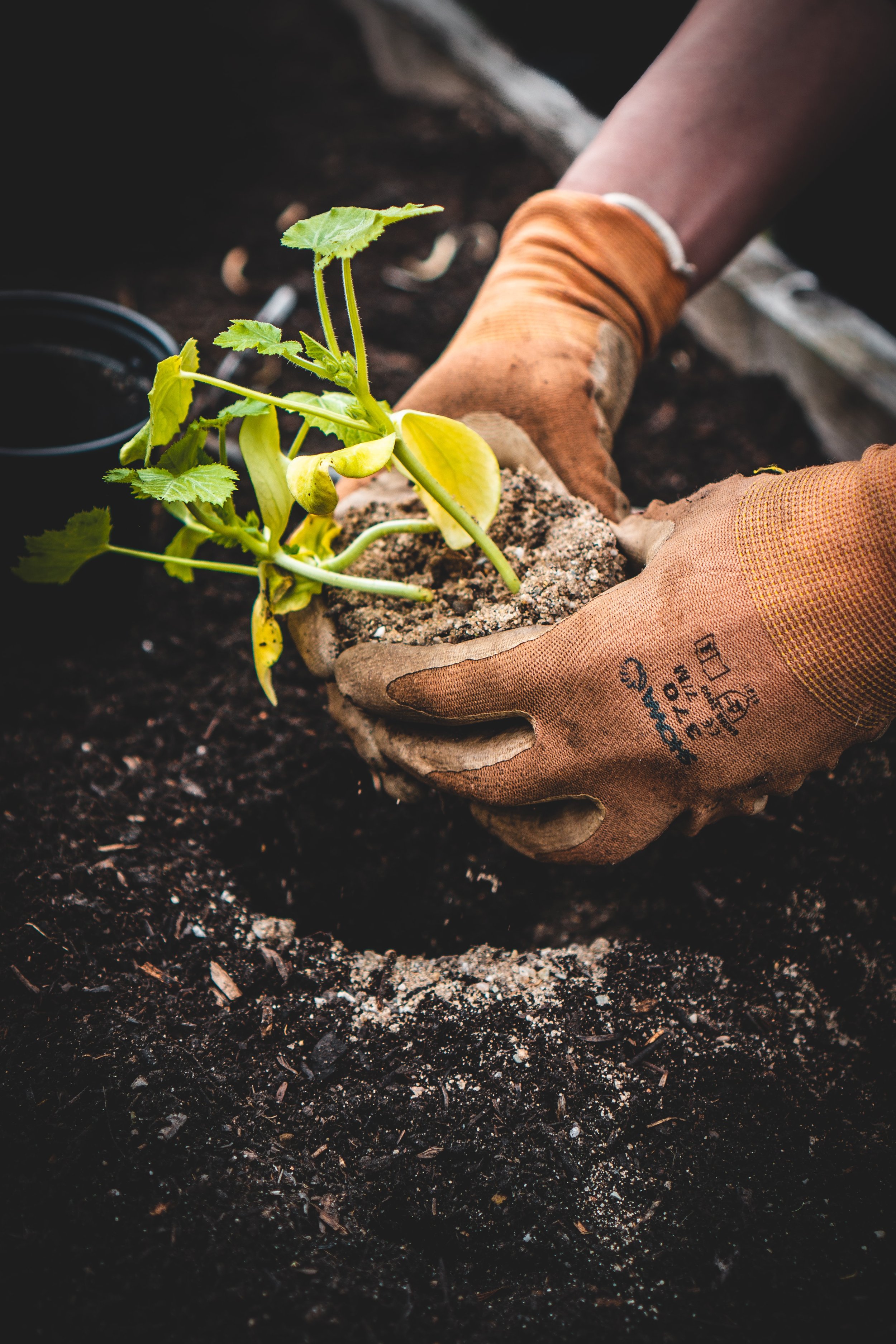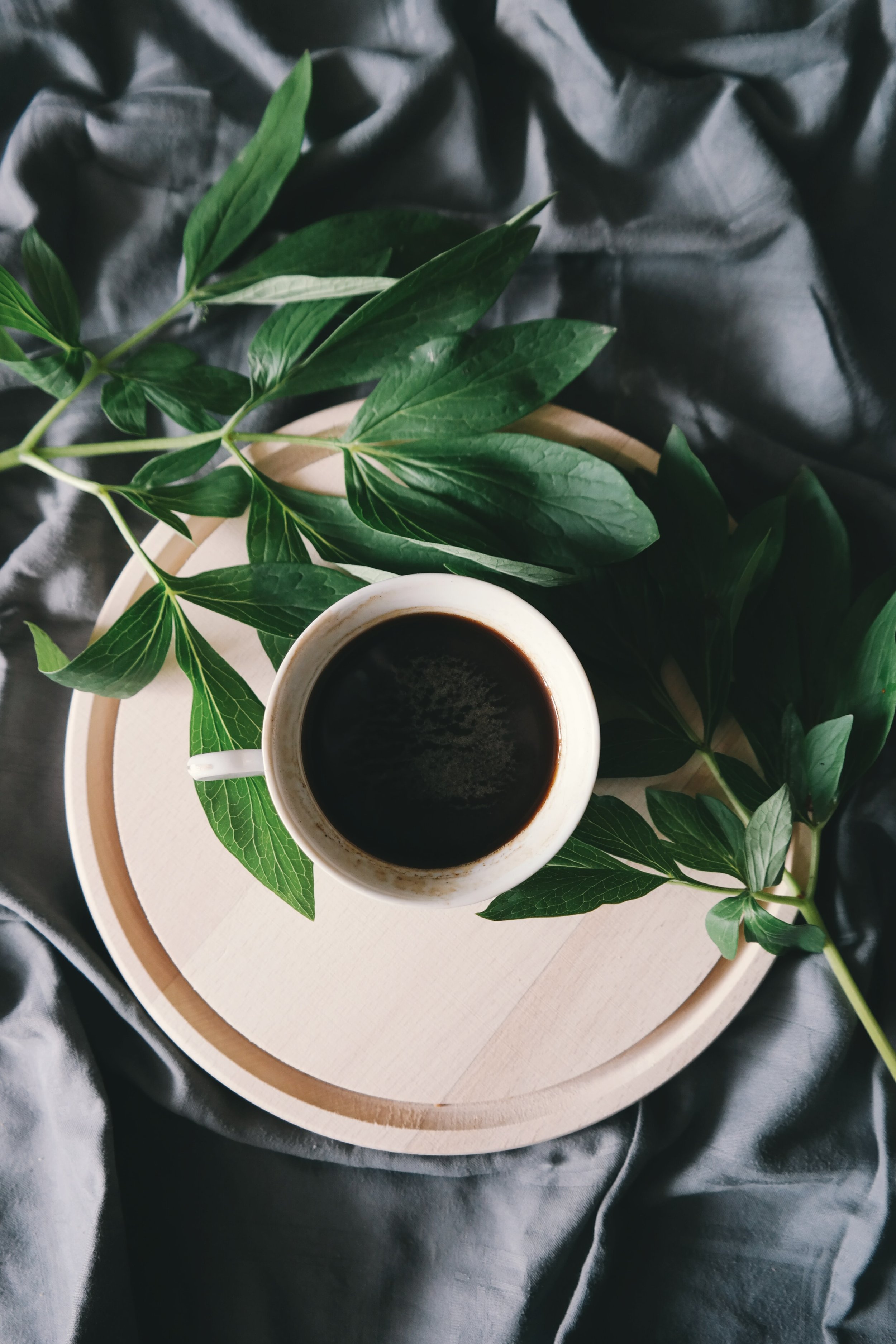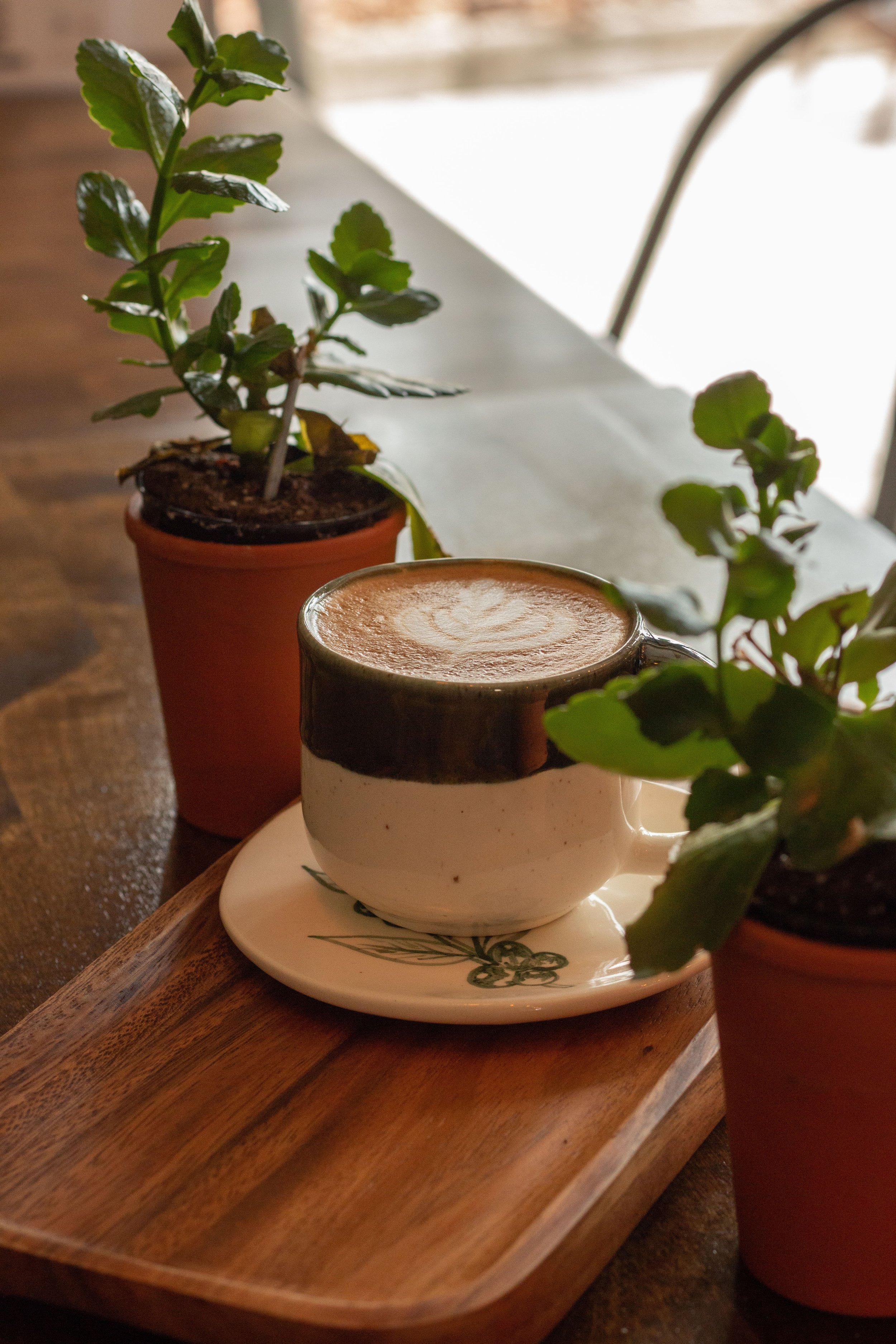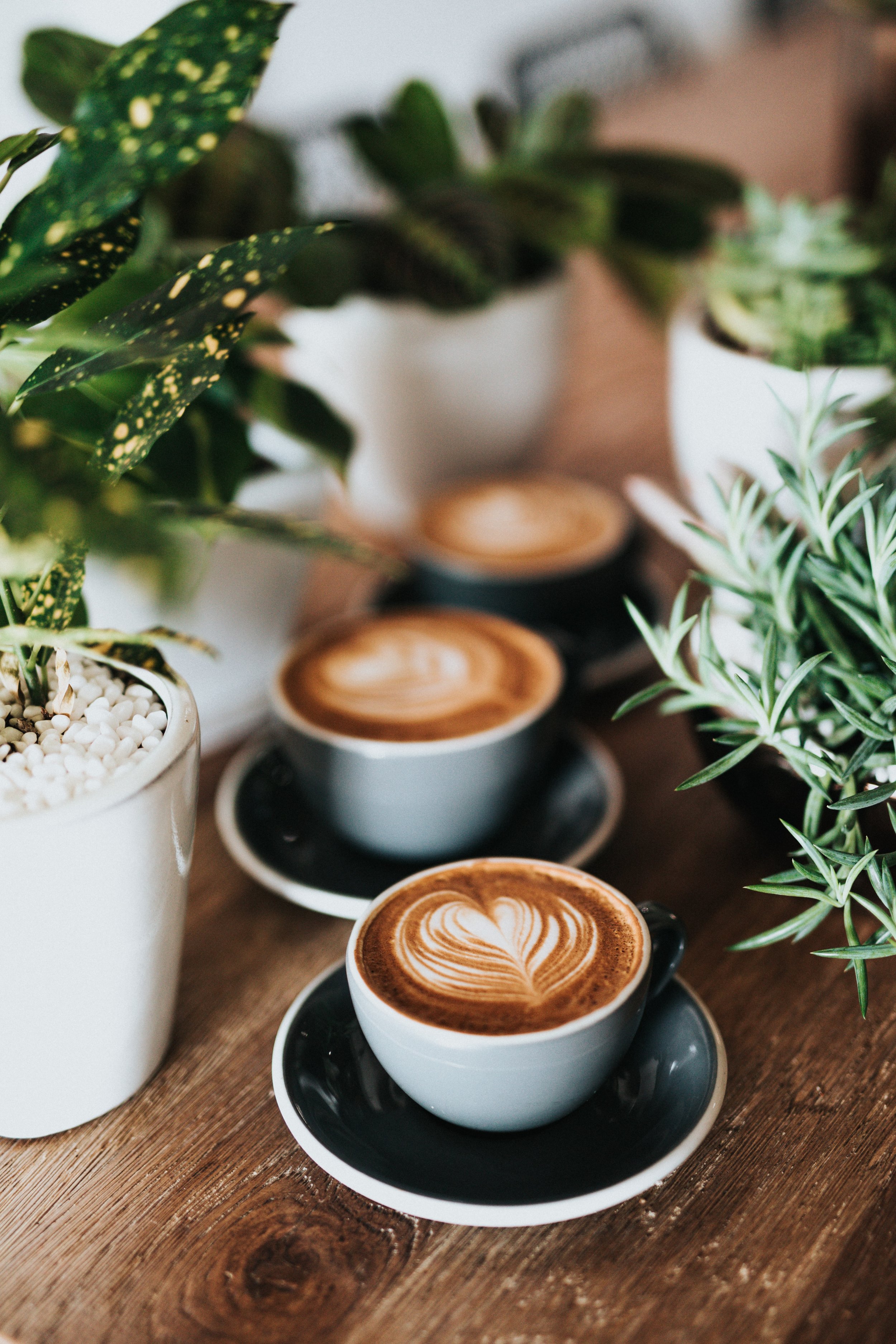Using Coffee Grounds In The Garden
The Truth About Using Coffee Grounds in The Garden, As Fertiliser, And In Plants
Right, lets take things back to basics - to begin with, I want to remind my reader that coffee is a substance that comes from seeds harvested from coffee plants.
What are coffee grounds?
The coffee cherry growing on the plant is sun dried, hatches and reveals two coffee beans (raw / green - unroasted) . Thus, the coffee bean itself comes from agricultural processes. The raw unroasted green coffee beans are roasted to transform them into larger brown beans - coffee beans. They grow in size by about 20% but lose the same 20% in weight. Phenomenal. The coffee beans need to be crushed and ground prior to mixing with water and producing a cup of coffee. The process of grinding can be done manually or using a electric grinder.
How do I use coffee grounds in the garden?
One of the key ways to use coffee grounds in the garden is to add them to a compost pile. You will only needs to use a spoon to scoops them out of your cafetière and onto your compost pile. Be sure to keep a healthy balance in regards to green and brown compost as this is very important.
Can I use coffee grounds for plants?
The short answer - yes. Not only can this increase your sustainability in the home and reduce waste, the coffee grounds will allow you to add nitrogen to your plants. We would urge some caution as coffee grounds will contain caffeine which in excess could harm some plants.
Some coffee filter is also biodegradable, you may be able to place them into compost to break down along with the coffee grounds. Many coffee roasters are pushing to reduce carbon footprint and increase sustainability. They are doing their best t source only biodegradable pouches / filter papers etc. The most key thing here is to remember to use coffee grounds on acid loving plants - not all plants love acid.
Can I use coffee grounds for fertiliser?
Coffee grounds are good to use for fertiliser, they contain great nutrients and can be beneficial when using them as fertiliser. Coffee grounds attract worms which also befits plants and soil. The coffee grounds will reduce the amount of metals in the soil.
What else do I need to know about using coffee grounds in soil and for fertiliser?
A recent study found that in organic farming for broccoli, leek, radish, viola and sunflower found that spent coffee grounds suppressed growth. The authors of the study urge some caution but do recommend further study in regards to investigating the use of spent coffee grounds in organic farming and some useful applications. as mentioned above, coffee grounds must be used on the coffee plants they are known to react well with - e.g. acid loving plants

